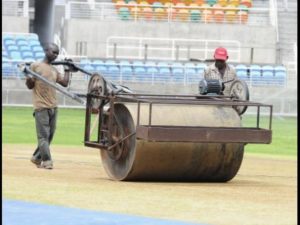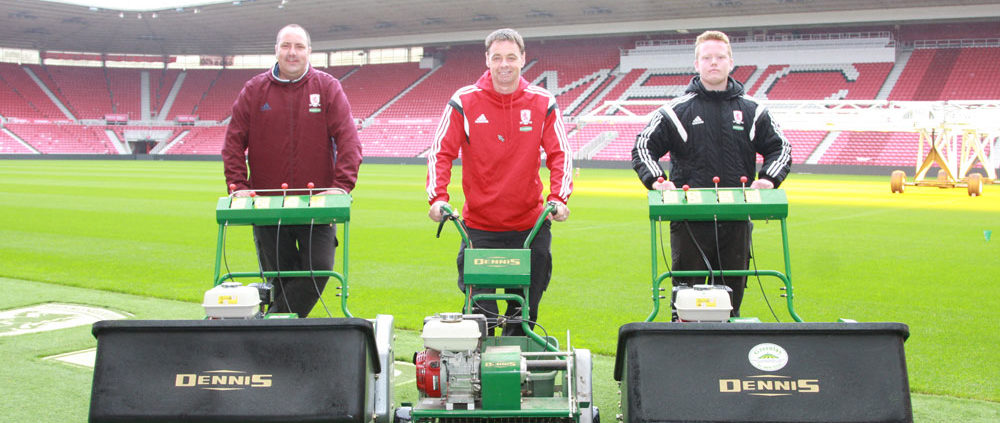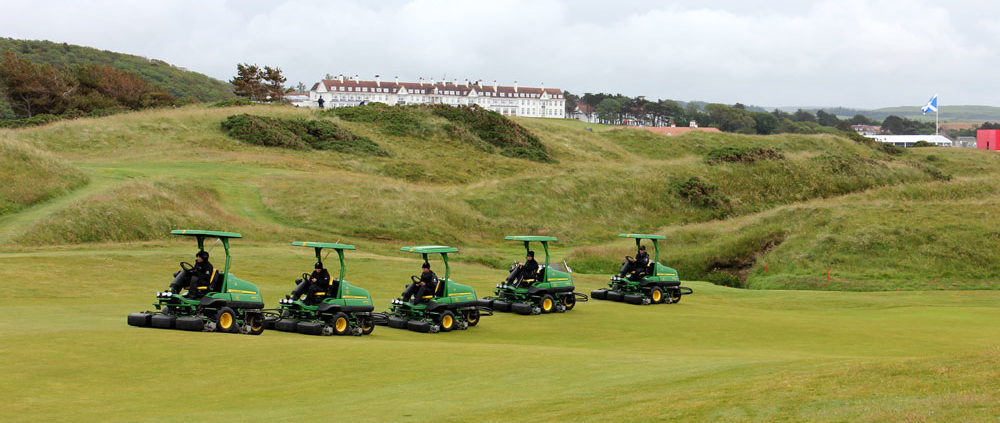Kempton Park to close, new racecourse for Newmarket
 The Jockey Club has revealed plans to sell off Kempton Park for a new housing development and build a new all-weather racecourse in Newmarket.
The Jockey Club has revealed plans to sell off Kempton Park for a new housing development and build a new all-weather racecourse in Newmarket.
The Jockey Club said Kempton Park would be sold for housing subject to planning permission and could close in 2021, as it unveiled its 10-year plan to invest at least £500 million into British Racing
Sandown Park would also receive major investment to unlock its potential as London’s Class 1 dual-code racecourse.
The Jockey Club is preparing for a planning application to create a new floodlit all-weather course at on The Links in Newmarket.
This site in Newmarket is a front-running option, given the access it provides thousands of horses trained at the world’s premier Training Centre.
This would be a new course replacing Kempton Park’s all-weather operations and The Jockey Club would require it to be operational before racing stopped at Kempton Park.
The Jockey Club said it has no intention of converting any of its existing Turf surfaces to all-weather.
The Jockey Club said it intends to fund its ambitions through its diverse commercial operations and, subject to a successful planning process, redevelopment on its estate at Kempton Park, which has been submitted for consideration in the local authority’s Local Plan in partnership with Redrow plc.
This follows Spelthorne Borough Council’s recent ‘Call for Sites’ to address unmet local housing needs and a decision to undertake a review of its Green Belt boundaries.
The Jockey Club said:
“These combine to provide a once-in-a-generation opportunity to promote the site for new homes and local benefits, while preserving green space between the local borough and London.
Such an outcome has been carefully considered by the Stewards of The Jockey Club as in the best long-term interests of British Racing given the benefits for horsemen and racegoers that can be created and with the Surrey community already well-served for racing. If development is permitted, The Jockey Club will be looking to ensure it generates in excess of £100 million for investment in British Racing.”
Roger Weatherby, senior steward of The Jockey Club, said:
“A new purpose-built all-weather course on The Links in Newmarket to replace that at Kempton Park would be ideal for the thousands of horses trained at the Home of Racing and beyond, as well as shortening the working day for racing’s people there. I am also particularly pleased that The Jockey Club will be even better placed in the coming years to provide further support to important causes, such as racing’s welfare and education programmes. As ever our intention is for our sport to benefit to the greatest extent possible.”
To read the original article, click here



 Despite weekly wages in the region of $6,000 and very little recognition, local cricket groundsmen are expressing their commitment to the craft, even if there has been a considerable falloff among their ranks in recent years.
Despite weekly wages in the region of $6,000 and very little recognition, local cricket groundsmen are expressing their commitment to the craft, even if there has been a considerable falloff among their ranks in recent years.
 Tony Bell, head groundsman for Middlesbrough FC, has revealed that the secret behind keeping the pitch at the Riverside Stadium in such pristine condition is his unique and innovative approach to using the Dennis S500 PLUS ‘dual purpose’ machine.
Tony Bell, head groundsman for Middlesbrough FC, has revealed that the secret behind keeping the pitch at the Riverside Stadium in such pristine condition is his unique and innovative approach to using the Dennis S500 PLUS ‘dual purpose’ machine.
 Mike Herring, head groundsman at Berkhamsted School in Hertfordshire, has reported excellent results after using Limagrain’s MM50 grass seed in a new construction and in the renovation of the school’s two cricket wickets.
Mike Herring, head groundsman at Berkhamsted School in Hertfordshire, has reported excellent results after using Limagrain’s MM50 grass seed in a new construction and in the renovation of the school’s two cricket wickets. The Fineturf team got to work by starting on the renovation and the new construction and when the time came for seeding, there was only one brand of product they were going to use.
The Fineturf team got to work by starting on the renovation and the new construction and when the time came for seeding, there was only one brand of product they were going to use.








